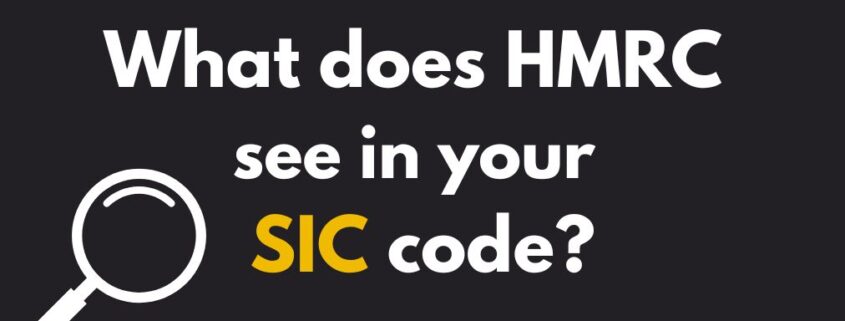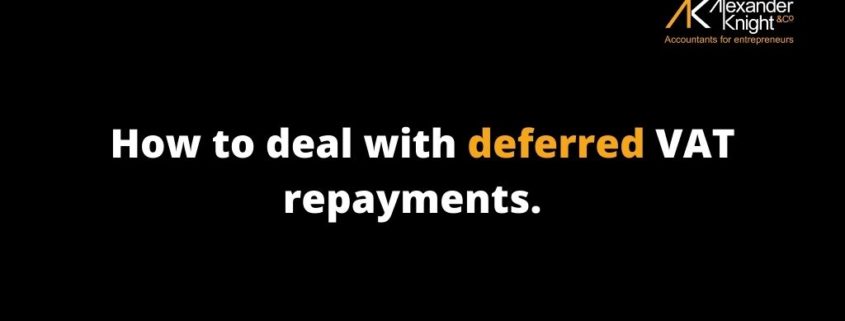The UK Standard Industrial Classification of economic activities, abbreviated as UK SIC, is a five-digit classification that you normally select upon registering your company.
It has been well publicised that HMRC is targeting non-compliance within the Research and Development tax credits regime and is placing a company’s SIC code under greater scrutiny.
A more reactive element of HM Revenue and Customs strategy lies within its approach to the enquiries being raised. They have published a list of sectors that are actively being targeted as they are deemed to be unlikely to undertake genuine Research and Development activities.
These are:
- Care Homes
- Childcare Providers
- Personal Trainers
- Wholesalers and Retailers
- Pubs
- Restaurants
We are also aware that unofficially certain other sectors are also subject to scrutiny and we believe these to include:
- Estate Agents
- Textile Industries
- Construction Sector
- Educational Institutions
- Consultancy Firms
Part of this strategy is for R&D tax credit claimants to require more robust procedures both before submitting a claim and as part of the actual claim itself.
We actively work with our clients who undertake Research and Development activities to ensure that these obligations are fully met.
HMRC uses the SIC code as shown on public record at Companies House to identify whether a company falls into one of the sectors above. We are aware that companies initially select this code upon incorporation based upon the business plan for company at that time. The activities of a company will naturally change over the course of its life and thus over time the SIC code may not best represent the current activities of a company.
The SIC code should be periodically reviewed to ensure the most appropriate code has been selected and we would recommend that this review is part of any planning for a Research and Development claim.
If you are unsure of your SIC code and wish to discuss these issues, please do not hesitate to contact our team.



